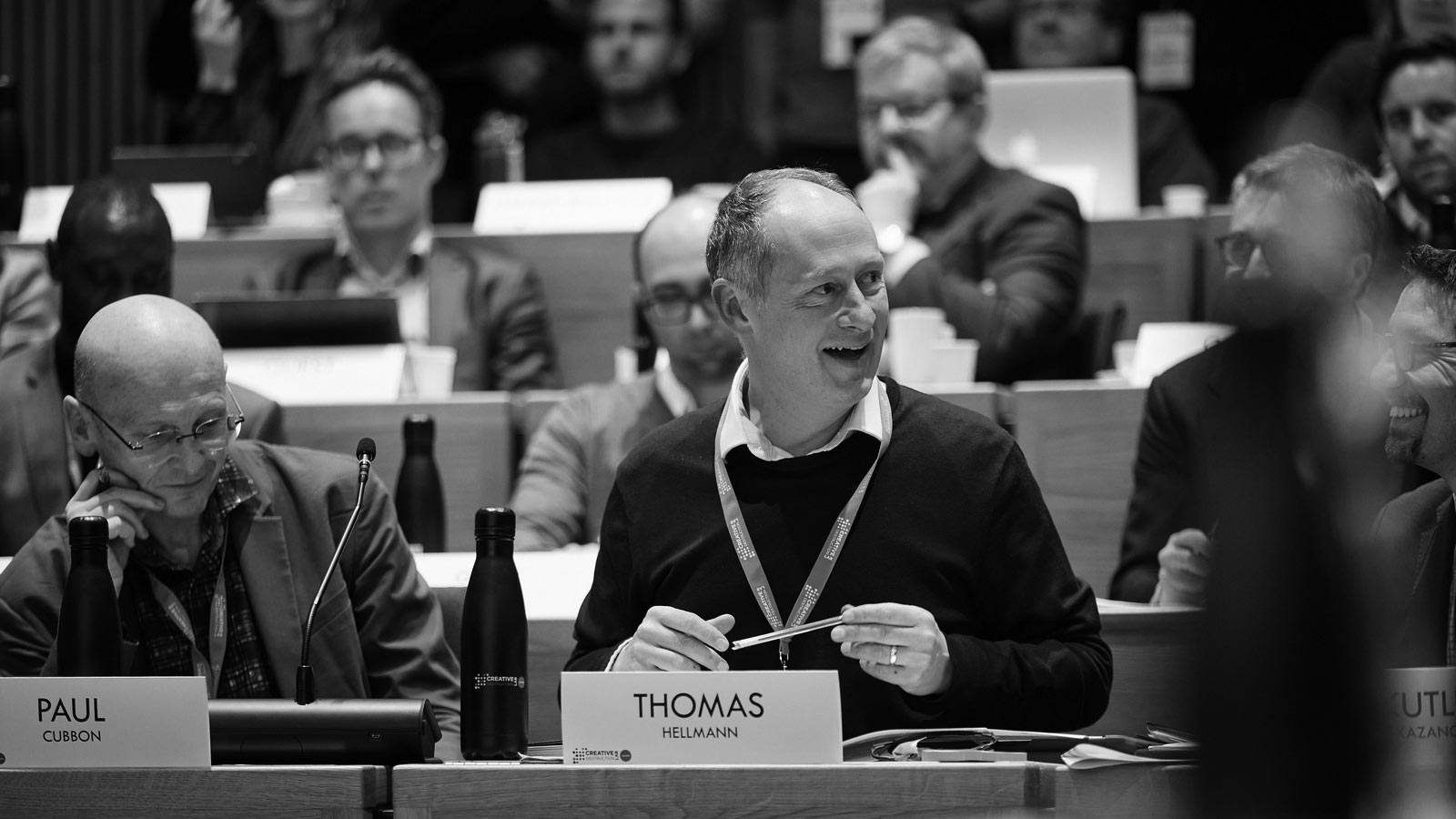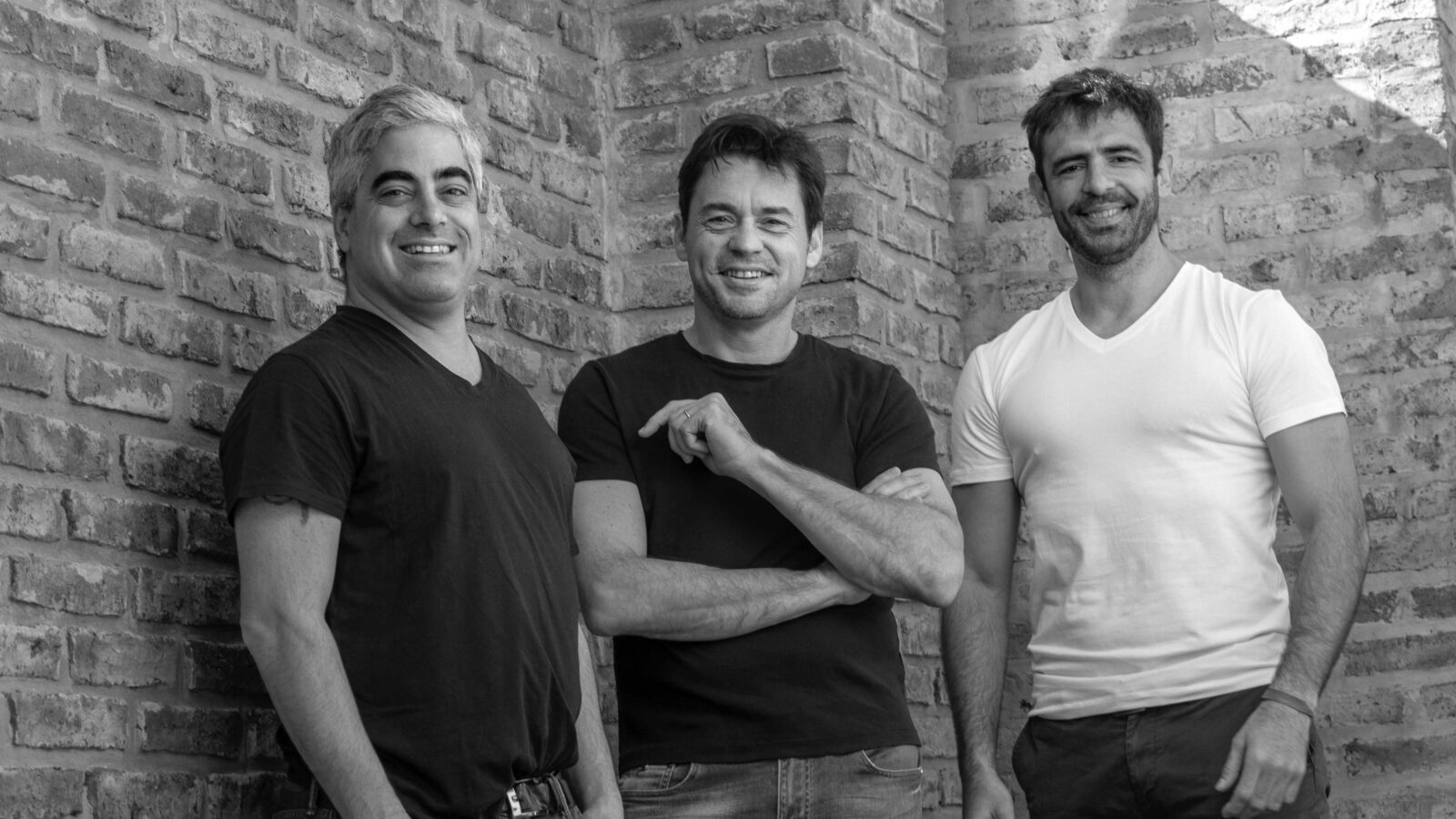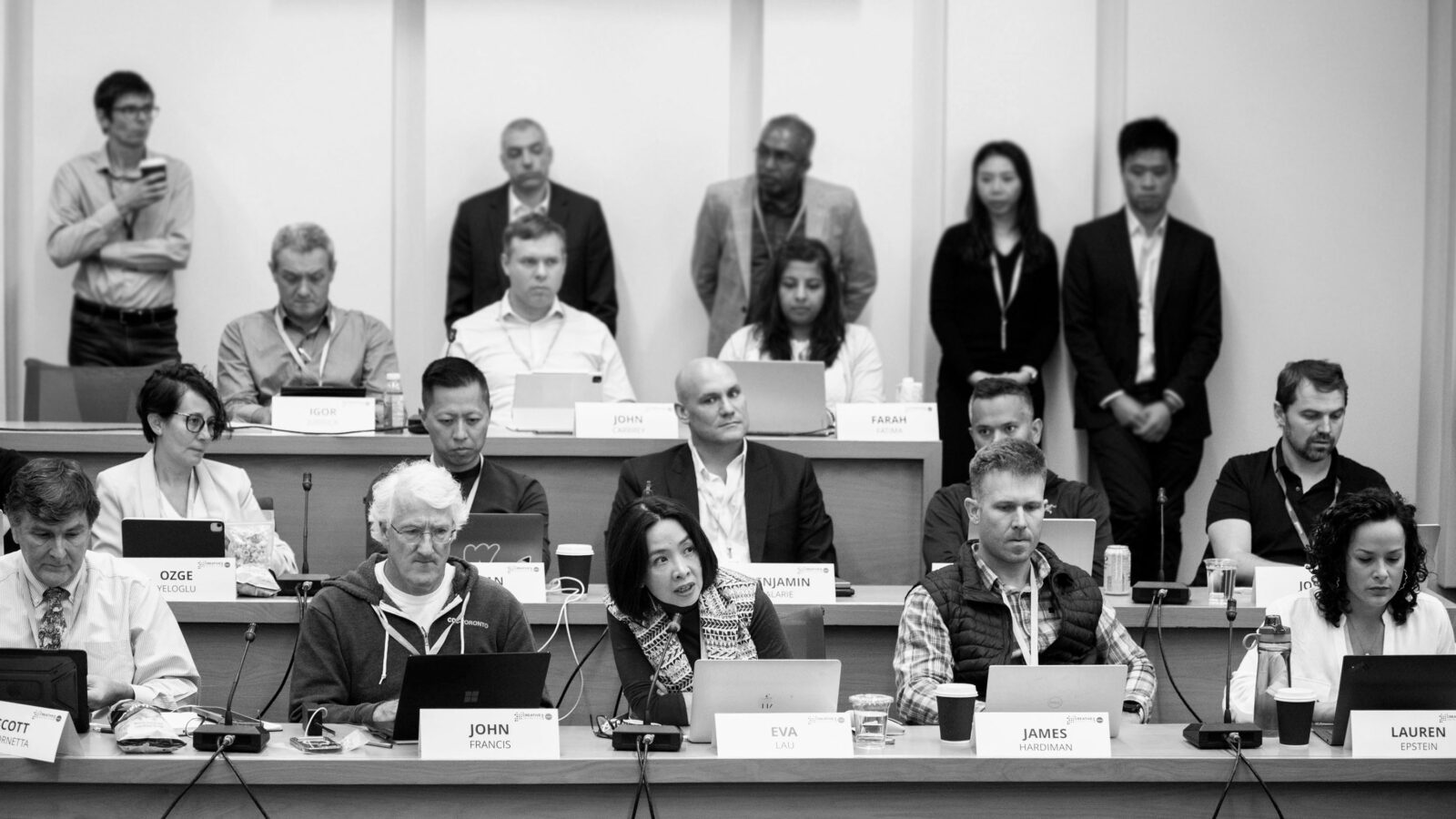Here is a classic fairy tale: Young entrepreneur with a great idea is in a funk, stuck on a business problem that is beyond his/her expertise. In comes an experienced mentor who listens empathetically, offers pertinent advice, makes useful introductions, and provides personal encouragement. Magically the business problem gets solved, and the venture grows happily ever after.
Unfortunately, entrepreneurial tales rarely work out like a fairy tale, so here is the horror tale version: Again, young entrepreneur is in a funk. In comes a mentor who looks impressive on paper, doesn’t really listen, let alone understand the problem. He/she lectures based on his/her outdated experiences and makes useless introduction. Seeing no improvements, he/she quickly gets frustrated with the entrepreneur, even starts undermining the venture. Soon the business problem spins out of control: now the entrepreneur is really in a funk.
In over 25 years of working with entrepreneurs and mentors, I have seen the entire range, from fairy tales to horror tales. As an academic, I look for repeatable patterns of what constitutes good mentoring, and what it takes for entrepreneurs to be mentored. Without a doubt there is an art to mentoring, but like any other art, there are also some fundamental principles.
The four principles of effective mentoring
1. Commit meaningful time
Mentoring takes time. Receiving quick feedback on “Dragon’s Den” looks great on TV, but in real life mentoring requires real time. This doesn’t mean endless hours of meandering conversation; it means doing several deep dives over a period of time. At the Creative Destruction Lab, we require our mentors to spend a minimum of 4 hours over a period of 8 weeks in between session. The choice of 4 hours is deliberate. It is enough to go deep and have a substantive dialogue. Yet it is also more time than any mentor would ever want to spend on a company that he/she has no sincere interest in.
How to use this time? First, mentors need to listen and understand before dishing out any advice. Second, entrepreneurs need to get a chance to ask questions about the advice they receive, and also push back on it when they disagree. Third, mentoring is an on-going process. It matters less what the mentor said in the first meeting, and more how the mentoring relationship evolves as the venture goes through its ups and downs. Mentoring should feel like a movie, not like a photo opportunity!
2. Focus on objectives
In every mentoring session of the Creative Destruction Lab, entrepreneurs receive three fresh objectives. Every follow-on session they are then held accountable to those three objectives. Why? First, it is important for entrepreneurs to have focus. In principle there are a million different tasks that any entrepreneur could tackle on a given day, but without focus there will be lots of action with no direction. Good mentors help the entrepreneur to distinguish the important from the distraction.
Second, the focus is not on the concrete actions themselves, but only on the objectives. Many mentors are successful businesspeople who are used to solving problems. They are used to “knowing the answer” and telling people what to do. But mentoring is not about being the boss, it is about empowering the entrepreneur. Objectives matter, because they provide direction without dictating specific actions.
Third, it is important to hold the entrepreneurs accountable to something. In practice, many of the objectives set by mentors are never met. Maybe the underlying assumptions were wrong, maybe venture needed to pivot, maybe the objectives were wrong in the first place. It matters less whether objectives are met or not, what really matters is that the entrepreneur is accountable.
3. Be part of the orchestra
Good mentoring should feel like an orchestral piece of music. Each instrument (read: mentor) plays its part, at its time, within its range. Often one instrument leads and the others accompany; and different instruments take turns leading. If an instrument plays too soft, no one will hear it; if it plays to loud, it can ruin the piece. Mentoring is the same. Entrepreneur should not rely on a single mentor, especially the overbearing type. They need an interplay of different specialized mentors. A scientific adviser might not be the best to comment on financing deals, and a former investment banker may not be the best to advise on technology choices.
Good musicians understand the power of silence. Similarly, good mentors know when to keep their mouth shut. No mentor has all the answers, and it is important to recognize ones’ own limitations: “Know what you don’t know!” is always a useful mantra. Moreover, in some situation it is simply better to let the entrepreneur figure it out for him/herself.
Do mentors always have to agree with each other? Listen to any Beethoven symphony, and you quickly realize that tension is a good thing, provided it carries the music forward to greater heights. Creative tension among mentors can thus be a good thing. This naturally brings up the question of who can resolve it constructively. For this, there can only be one answer. Every orchestra needs one conductor to bring it all together Similarly, it is the entrepreneur who needs to bring all the mentoring into a coherent total. Put differently, to become effective and play their tune at the right time, mentors need to be directed by the entrepreneur.
4. Be empathetic
Ultimately, mentoring is about people and managing relationships. That means a lot can go wrong. Often there is an inherent power imbalance: the mentor has experience, connections, and money: precisely the things that the entrepreneur lacks. This is why mentors need to be empathetic.
Good mentors use their ears and eyes before using the mouth. They are prepared to listen and observe (which takes time, see the first principle above) before they weigh in with their advice. Being empathetic means listening and observing at different levels. It means looking at the reality faced by the entrepreneur (and not the reality that the mentor faced in his/her last venture). It also means acknowledging feelings: the thrills, fears, and frustrations that the entrepreneur is facing (not necessarily the same as the ones the mentor was feeling back when). However, being empathetic does not mean becoming emotionally entangled. In the middle of the storm, entrepreneurs want their mentors to be like steady masts, not the flapping sails that they are themselves.
Maybe the most important thing to remember about being a good mentor is that “it is not about you”. As a mentor, you don’t have to prove anymore how great you are. You are there to help the entrepreneur to become as great as you already are!





